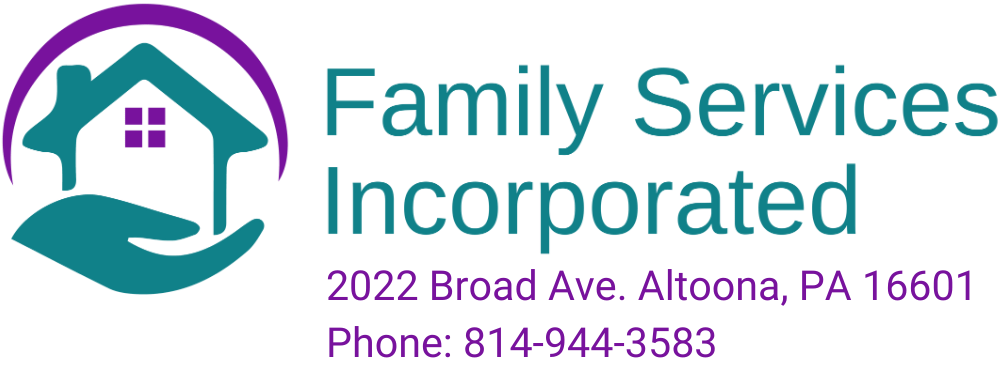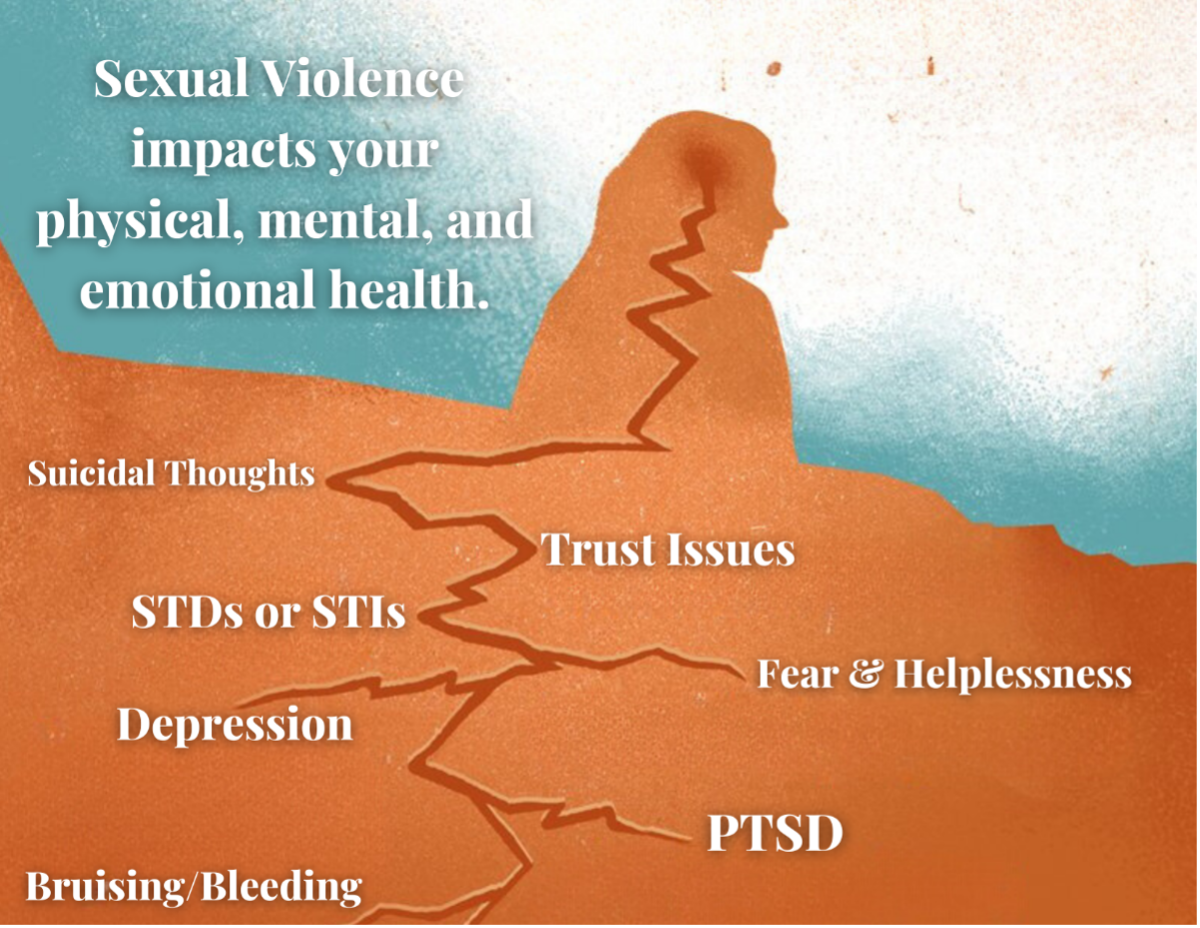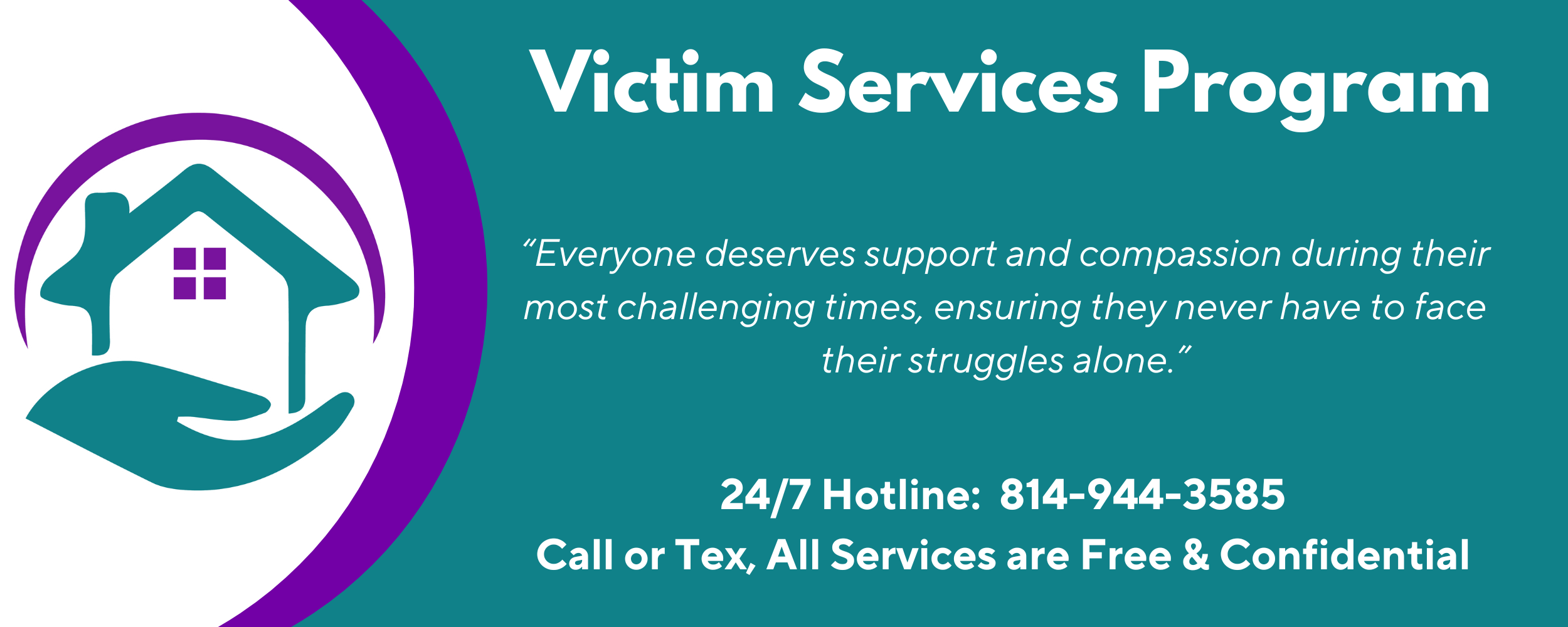
The Victim Services Program supports and advocates for all persons affected by crime and abuse.
Victim Services can help reduce trauma and provide support survivors of abuse and violence deserve. Connect with our trained advocates by phone, text, or chat. We provide free and confidential services to survivors and others who have been affected by abuse, violence, and other crimes. At Family Services Incorporated, we offer a holistic approach to healing while providing the safety and support survivors deserve. Each person is on a different healing path, we welcome survivors at whatever stage they are in on their journey.
Domestic & Relationship Abuse
Plan For Your Safety
Sexual Violence
Protection From Abuse Order
Stalking
Human Trafficking
Youth & Young Adults
Training & Outreach
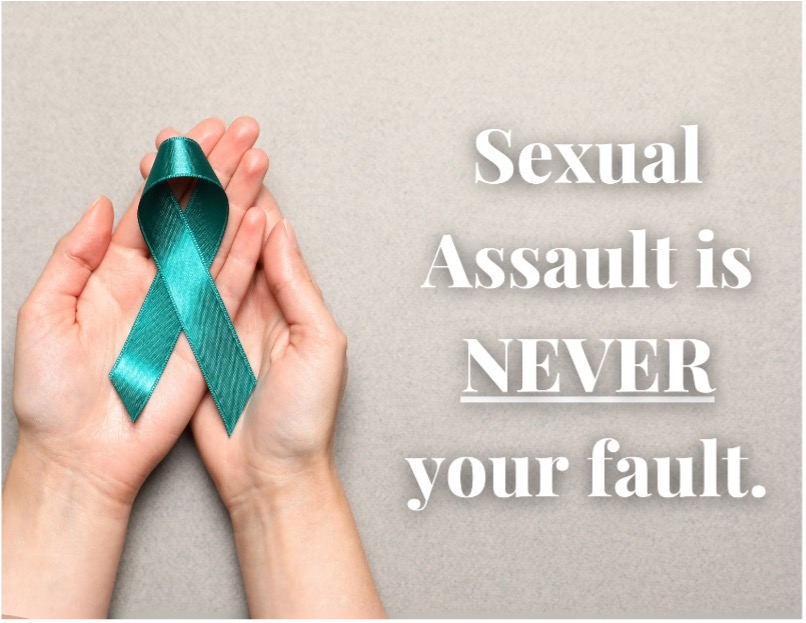 Sexual Violence is any type of unwanted sexual contact. This can include words and actions of a sexual nature against a person’s will. People may use force, threats, manipulation or coercion to commit sexual violence.
Sexual Violence is any type of unwanted sexual contact. This can include words and actions of a sexual nature against a person’s will. People may use force, threats, manipulation or coercion to commit sexual violence.
Sexual Assault, Rape, and Sexual Abuse is not an act of attraction, love or lust – it is about power, control, aggression, and humiliation.
Anyone can experience or perpetrate sexual violence. Offenders are usually someone known to the victim and can be a friend, intimate partner, coworker, classmate, neighbor, or family member.
Consent is Key
Complying and cooperating IS NOT consent. Sometimes cooperating or complying is the saftest thing to do. That does not mean it was wanted or welcomed. Consent must always be freely given on your own, never coerced or manipulated.
Forms of Sexual Violence:
- Rape
- Sexual Assault
- Child Sex Abuse
- Incest
- Grabbing or Groping
- Touching without permission
- Ritual Abuse
- Commercial Sexual Exploitation
- Exposure and voyeurism
- Forced participation in the production or viewing of pornography
- Any other unwanted sexual act
- Get to a Safe Place! If you are in danger, call 911 for immediate assistance.
- Call the Victim Services Helpline at 814.944.3585 or 1800.500.2849. An advocate is available to talk with you about safety and any other concerns you may have, provide you with information and options, and will accompany you to the police station, hospital, or doctor’s office if you would like.
- Get Medical Attention Right Away You do not have to talk to the police in order to get medical treatment! You may have sustained injuries that you cannot see or feel. You may have been exposed to a Sexually Transmitted Disease. And you have options pertaining to the prevention of pregnancy. All of this is free to you no matter where you go.
- Preserve Possible Evidence. Do not shower, drink, or eat anything. Do not douche or change your clothes before receiving medical care. If you want to report to the police, you will want to do so within 72 hours.
- Do Not move Anything at the Scene, if Possible. If you choose to press charges, the police will need to examine the scene for evidence.
Survivors of sexual assault or rape can experience difficult and painful emotions. Effects can be short term or long term and will change over time. Everyone is different and will experience the trauma differently. But no one is alone.
Common Effects of Sexual Assault, Rape, and Sexual Abuse
Below are some common effects that survivors may feel or experience. This list is not exhaustive: not experiencing these symptoms or having feelings not listed below does not mean what you experienced was not abuse or assault.
- Bruising
- Bleeding (vaginal or anal)
- Difficult walking
- Soreness
- Broken, bruised, or dislocated bones
- Sexually transmitted infections and diseases (STIs an STDs)
- Females may develop problems with menstrual cycles and fertility
- Pregnancy
- Post-traumatic stress disorder (PTSD), including flashbacks, nightmares, anxiety, and uncontrollable thoughts
- Depression, including prolonged sadness, feelings of hopelessness, unexplained crying, weight loss or gain, loss of energy or interest in activities you used to enjoy.
- Suicidal thoughts or attempts. If you or someone you know is feeling suicidal, contact the National Suicide Prevention Lifeline by dialing 988.
- Dissociation, or feeling not connected to yourself or those around you and not feeling present in everyday situations, including not being able to focus on school and/or work.
- Changes in the way you trust others
- Anger and blame
- Shock
- Numbness
- Feeling a loss of control
- Disorientation
- Feeling helpless
- Feeling vulnerable
- Fear
- Self-blame or feeling guilty for “allowing” the assault or abuse to happen
- Feeling weak for experiencing these feelings
- A negative outlook on life
- Flashbacks
- Nightmares
- Day terrors
- Feeling damaged
- Using drugs or alcohol as a way to cope
- Shortness of breath
- Chronic fatigue
- Muscle tension
- Involuntary shaking/tremors
- Changes in eating (always eating or never eating)
- Changes in sleeping (always sleeping, poor sleep, or sleeping at the wrong times)
- Sexual dysfunction
Sexual Assault or Rape is Never Your Fault
Remember to Take Care of Yourself
You are not alone. Recovery takes time, and everyone is unique and recovers differently. It is important to respect yourself and your own healing:
- Talk about the assault with close friends or family or a licensed therapist.
- Get enough sleep
- Eat well
- Deeply breathe or meditate
- Exercise
- Ask for help or support
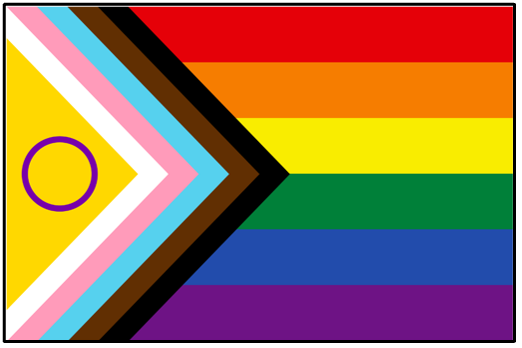
Anyone can find help at Family Services. We know that anyone, including men, women, LGBTQIA+ individuals, and children can experience abuse, violence, and crime. We welcome everyone without regard to race, religion, color, age, gender, gender expression, sexual orientation, disability, socio-economic status, or language spoken.
Need help? Call/Text the 24-Hour Victim Services Helpline at 814-944-3585



